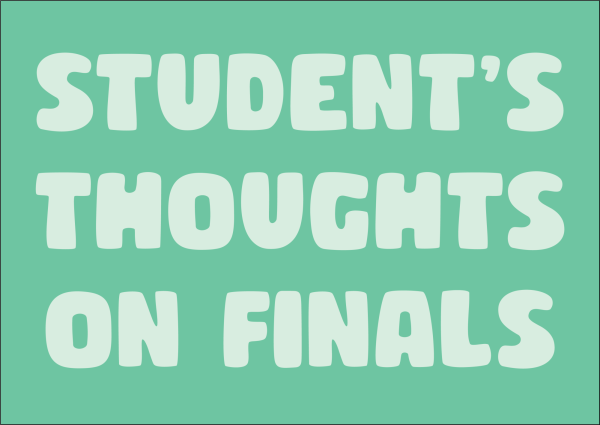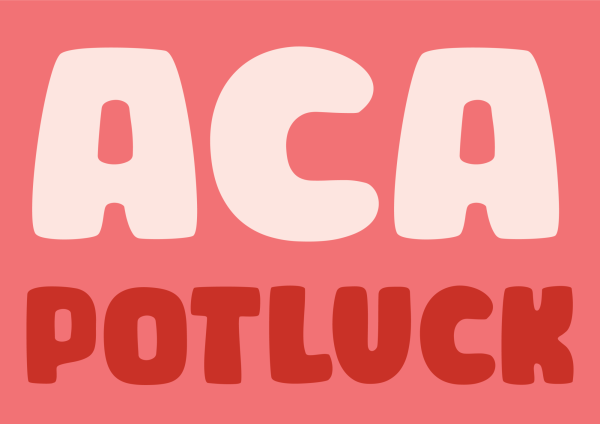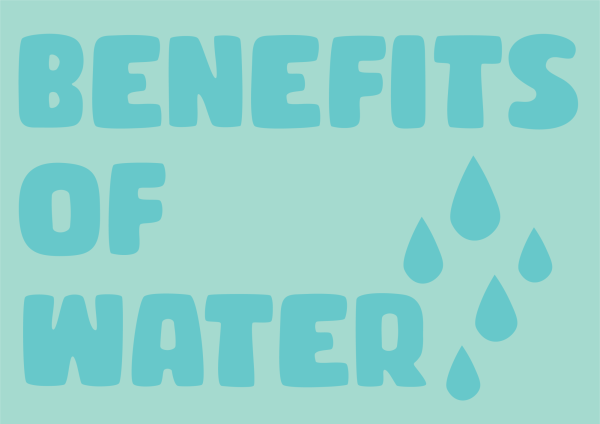Procrastination Kills!
Eighty-six percent of high school students are said to procrastinate on assignments. In college, that number goes up slightly to 88 percent. The common phrase “I’ll do it later” or “In a while” plants the seed of procrastination. Procrastination is the practice of carrying out less urgent tasks in preference to more urgent ones, or doing more pleasurable things in place of less pleasurable ones, and thus putting off impending tasks to a later time. In order for a behavior to be classified as procrastination: it must be counterproductive, needless, and delaying.
“I feel like people procrastinate because they think that they can get away with it, they think that because no one really cares that they can just not do it so it actually affects you in the long run because if you keep procrastinating you’re never going to be able to do well with your career further on in schooling and once you keep those habits you’re not going to be able to do well at your job,” Sophomore Wessyn Robnison said.
For some breaking the procrastination habit can be difficult. With the less things done the more work that piles up and the more stress is put upon the procrastinator.
“Start off small just like writing down the homework you have and setting a reminder to help keep yourself on track,” Robnison said.
Yet still procrastination is affecting some students at Liberty North. Procrastinators may say they perform better under pressure, but more often than not that’s their way of justifying putting things off. The bright side? It’s possible to overcome procrastination with effort.
“I procrastinate pretty much everyday. I procrastinate once I get home then about an hour or two after school. After dinner I take 30 minutes to an hour to work then spend the rest of the time procrastinating,” Sophomore Devin Elizondo said.











